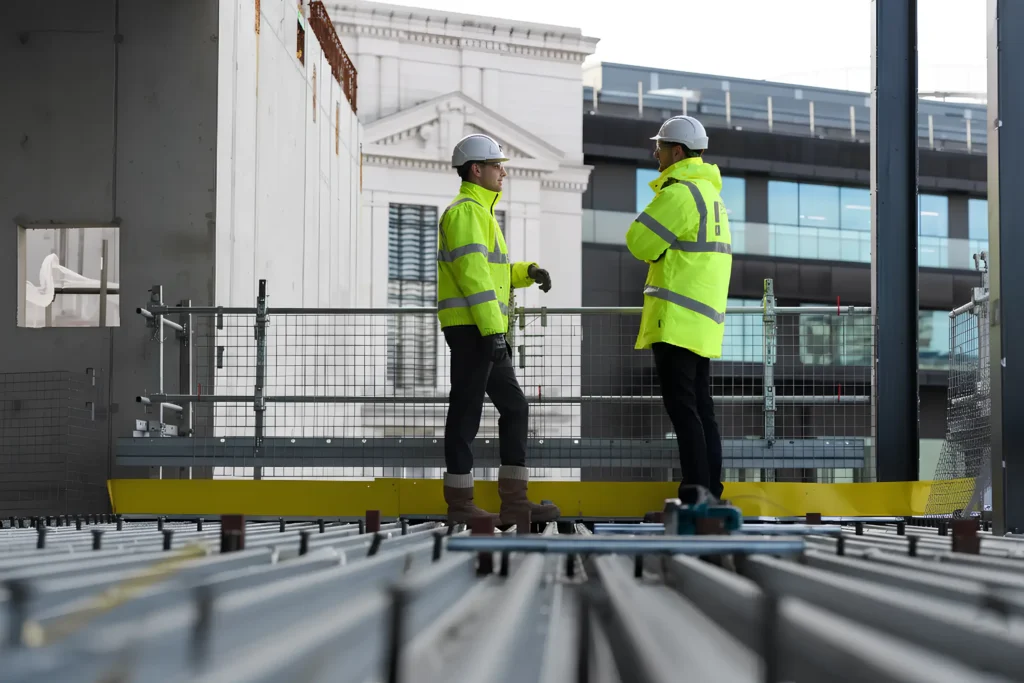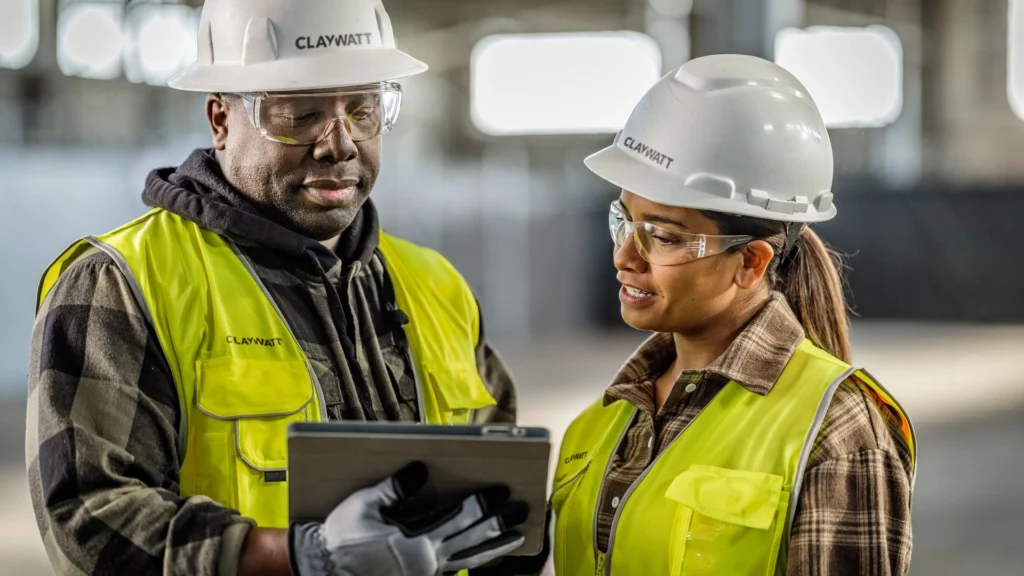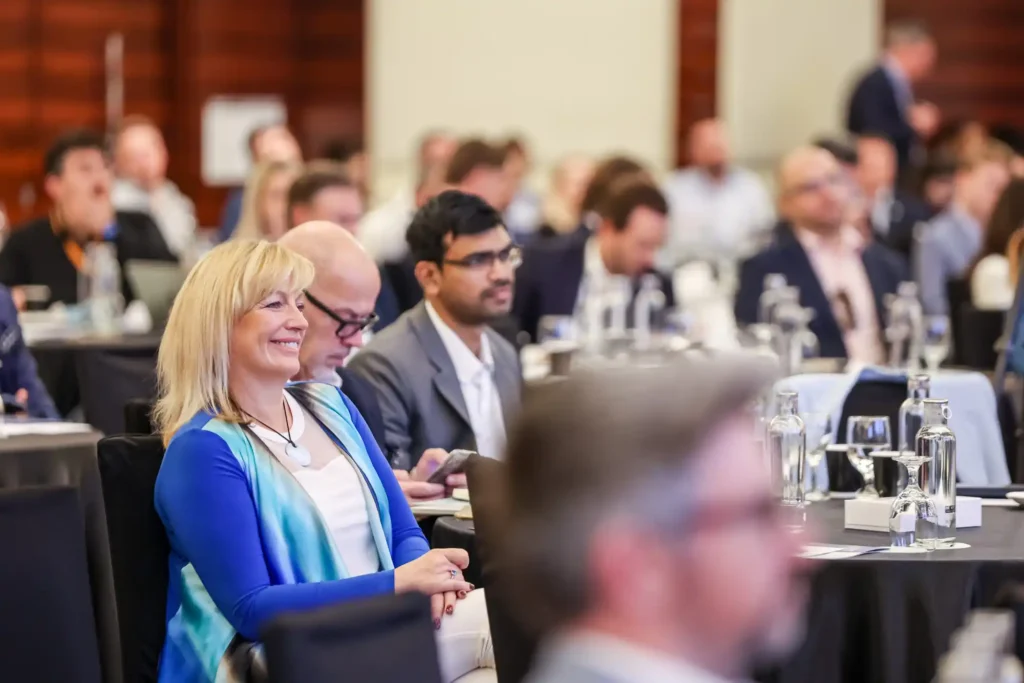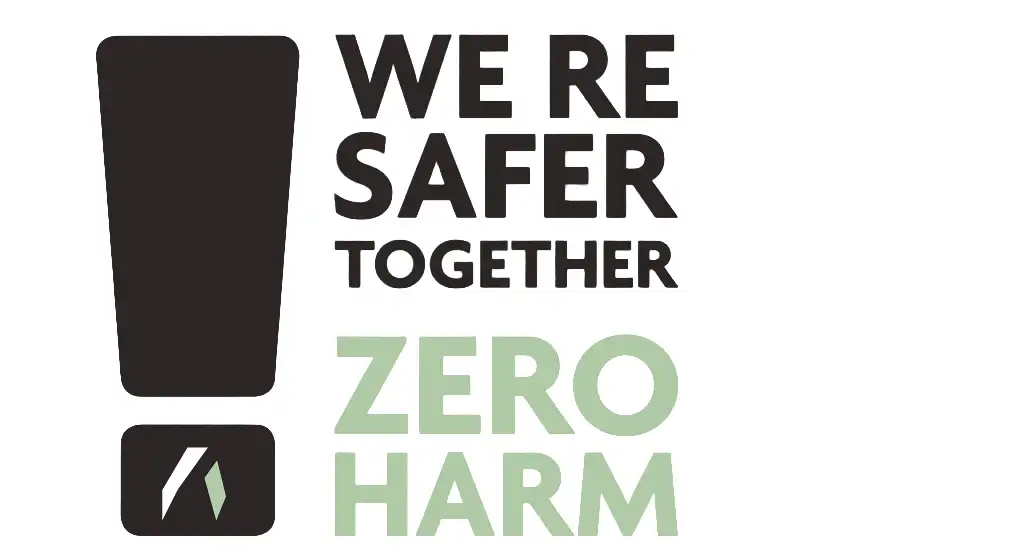Inclusion and diversity
Together, we are building a fairer tomorrow.
We are building a future that is inclusive. Where everyone sees themselves represented and feels that they belong.
We know that we can’t improve if we don’t measure and we are putting in place targets that will bring balanced representation to the built environment sector.
We can be a powerful force for good
We know that it’s our people who make us successful. And just like a family, we strive to make everyone feel welcome, included and connected at Claywatt.
Our goal is to be an organisation where everyone loves to work; where we look out for each other, and a safe space where everyone can be themselves.


#ClaywattTogether
A fair place to work, where talent thrives
At Claywatt, we empower every colleague to play their part in building a business where they truly feel they belong – no matter their role or background.
Just as a home is built brick by brick, a workplace where everyone belongs is created through small, meaningful acts of inclusion every day.
With every process we review, policy we improve, and programme we introduce, we are laying stronger foundations for a fairer, more inclusive, and more equitable organisation.
To ensure everyone has the opportunity to thrive, our culture is founded on the following principles:
Fair Treatment:
Everyone is treated with fairness and respect. If someone finds themselves being treated unfairly, they will feel able to speak up, will be listened to, and appropriate action taken.
Fair Opportunity:
Everyone has fair access to development and progression opportunities to build a meaningful career of choice. There is equity in pay for all.
Fair Hiring:
We hire the best person for the job from a diverse pool of candidates. We actively challenge and ultimately eliminate perceptions that prevent any prospective talent from joining our business.
Our goal is to be an organisation where everyone loves to work.
At Claywatt, we provide industry-leading family leave policies to support our people at every stage of life. This includes fully paid maternity leave, eight weeks paid paternity/partner leave, and enhanced Shared Parental and Adoption leave with matched maternity pay. We also offer flexible carers’ leave and two weeks’ bereavement leave.
Our commitment to supporting families has been recognised through multiple awards for best practice in the workplace, highlighting our dedication to creating an inclusive and supportive environment for all.
Claywatt is one of the first companies in the built environment to champion flexible working across the entire business, including for colleagues who work on site.
All new roles are advertised as flexible, and our teams are encouraged to develop working patterns that suit individual preferences, enabling everyone to perform at their best while maintaining a healthy work-life balance.
As a Disability Confident employer, Claywatt is committed to ensuring our recruitment process is inclusive and accessible. We proactively communicate vacancies to candidates with disabilities and provide reasonable adjustments wherever required.
We are equally committed to supporting colleagues who have, or acquire, a disability or long-term health condition, enabling them to remain in work and build a meaningful career of choice.
Claywatt is proud to support athletes and initiatives that inspire inclusion and achievement in sport, reflecting our values of equity, opportunity, and community support.
Supporting Menopause in the Workplace
Claywatt is proud to have sponsored the largest ever survey of menopausal women by the Fawcett Society.
The research, which surveyed over 4,000 women aged 45–55, revealed striking findings: eight in ten menopausal women say their workplace offers no basic support for managing menopause symptoms, and an estimated 330,000 women have left their jobs early due to menopause-related challenges.
At Claywatt, we have taken proactive steps to support our employees. This includes developing comprehensive guidance on menopause and its impact at work, clarifying the roles and responsibilities of employees, line managers, and HR, offering advice on managing symptoms in the workplace, and providing guidance on speaking with healthcare professionals.



